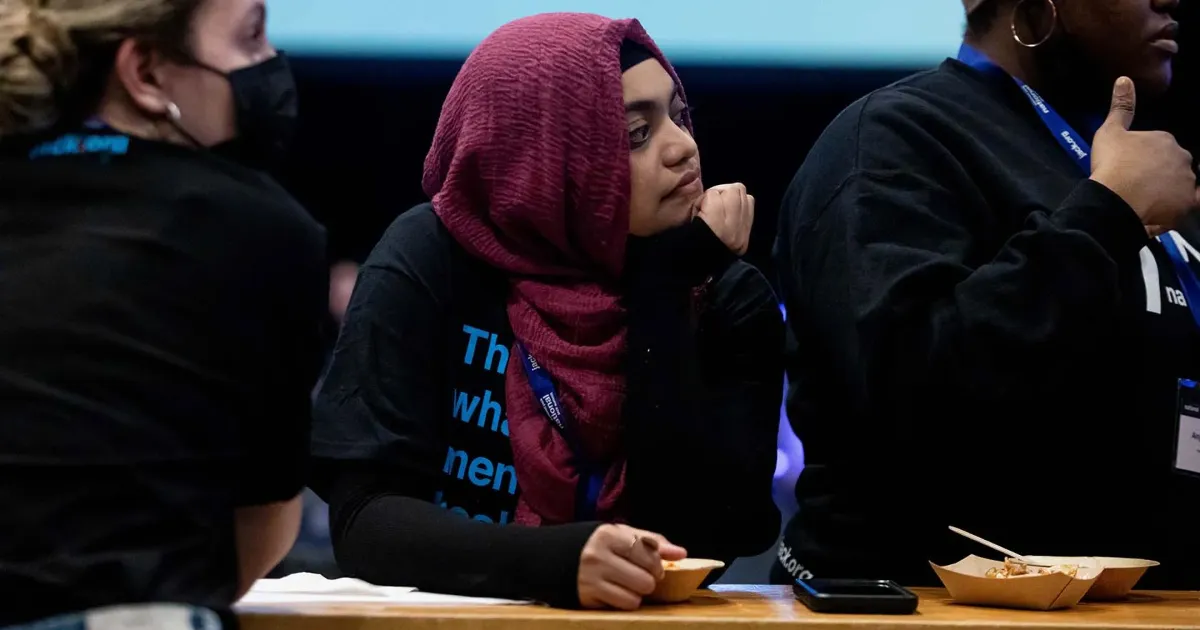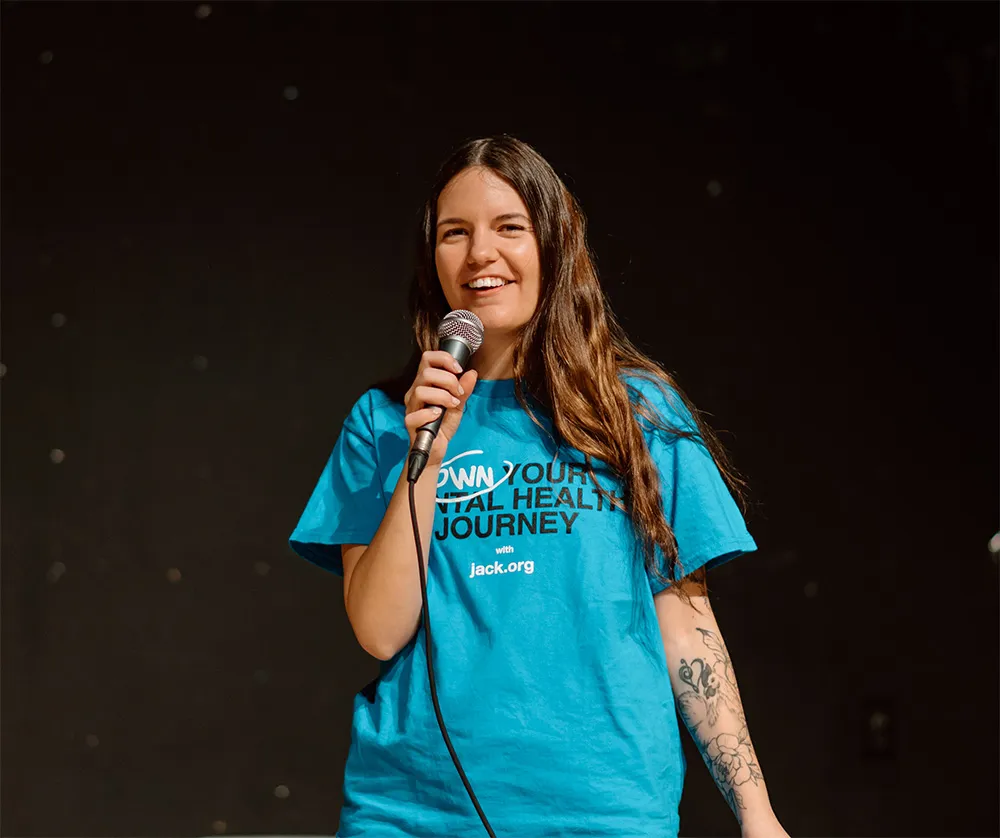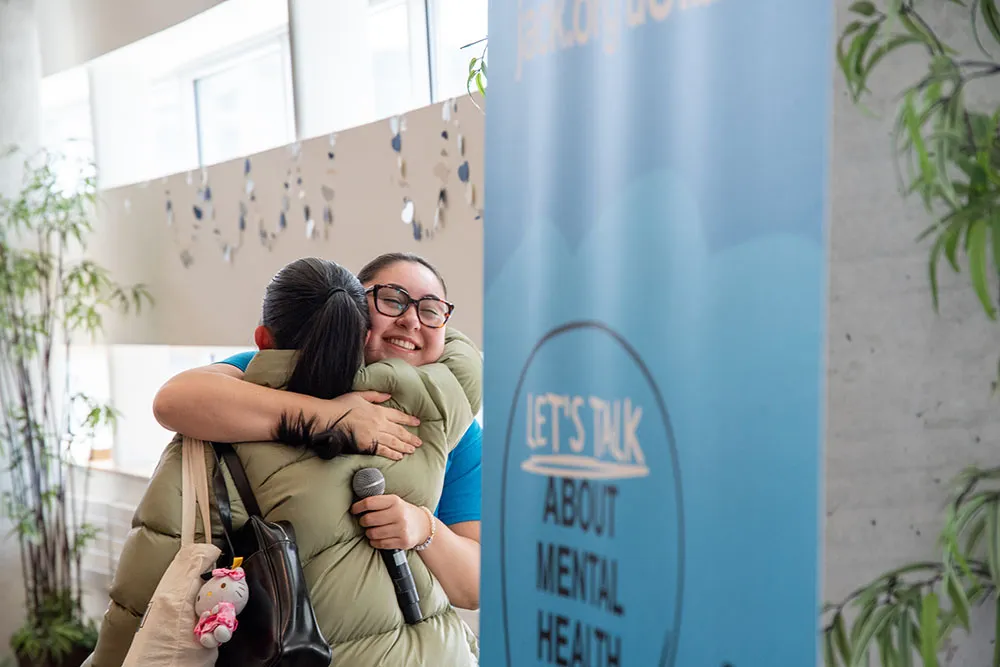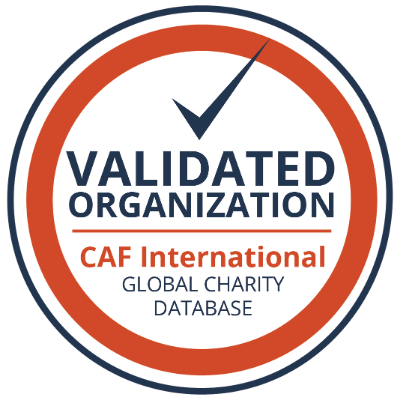About Jack.org
Jack.org is Canada's largest network of young people supporting young people, offering youth a space to safely learn about mental health, support their peers, seek professional support, and advocate for a future where youth can thrive in mental wellness.
%20(2).webp)








Our Vision:
A world where youth are mentally healthy, not in distress.
Our Mission:
To work alongside youth to build communities and advocate for equitable systems that support their mental health needs.
By empowering youth to understand mental health, support their peers, and advocate for change, we build a future where youth can thrive.
Building a Better Future for Youth
The complex challenges young people are dealing with today are only growing. To end the crisis youth are facing, and build a future where youth can not only survive, but thrive, we need to build solutions that work for youth, with them.
Our History
Since our founding in 2010, Jack.org has been pioneering innovative, youth-led solutions that empower young people to take charge of their mental health and wellbeing. What started as a small pilot event for youth has grown into a thriving nationwide network of youth change-makers from coast to coast to coast. Today, thousands of young people are part of our community, sharing insights, building support systems, and creating a country where mental health conversation is normalized, inclusive, and empowering.
Our Vision and Approach
From the beginning, we've believed in the extraordinary power of young people to transform the mental health landscape. Young people often recognize when their peers are struggling before anyone else. They are trusted sources of support and information, and their voices carry the power to normalize difficult conversations around mental health. By equipping young people with resources, knowledge, and community to drive change, we're not only supporting individuals but strengthening entire communities through peer-to-peer connection and support.
Our Journey and Impact
In the last 15 years, we’ve continuously evolved our programs and expanded our reach to meet the changing needs of young people. Through our work, we’re breaking down barriers and building safe spaces for mental health support and education. From community events to educational platforms, we offer diverse, responsive resources that empower young people to prioritize mental health — both for themselves and their peers. While we have made significant strides in expanding the mental health conversation to more communities than ever before, there is still an enormous amount of work for us to do. Demand for mental health programs is at an all-time high. We must continue to grow and reach new groups of young people if we are to reverse the troubling rise of mental distress among young people in Canada.
As we look to the future, we are dedicated to advancing our programs to ensure that every young person in Canada has access to the tools, community, and support they need to thrive. Together, we can build the future youth deserve.
Our Commitment to Transparency and Trust
Jack.org is accredited by Imagine Canada, Canada’s most esteemed nonprofit standards, for excellence in accountability, transparency, and good governance. We are dedicated to holding ourselves to the highest standards for our community, supporters, and the youth we serve.
.webp)




Build A Future Where Youth Thrive
.jpg)
Help Us Reach Youth Across Canada with Life-Changing Mental Health Education and Community Building
Get Involved
We're a mission-driven team of passionate professionals, each coming from different backgrounds and bringing our unique expertise and experience to bear on our work.
Careers
_Full%20colour.png)








%20(1).webp)




%20(1).webp)





